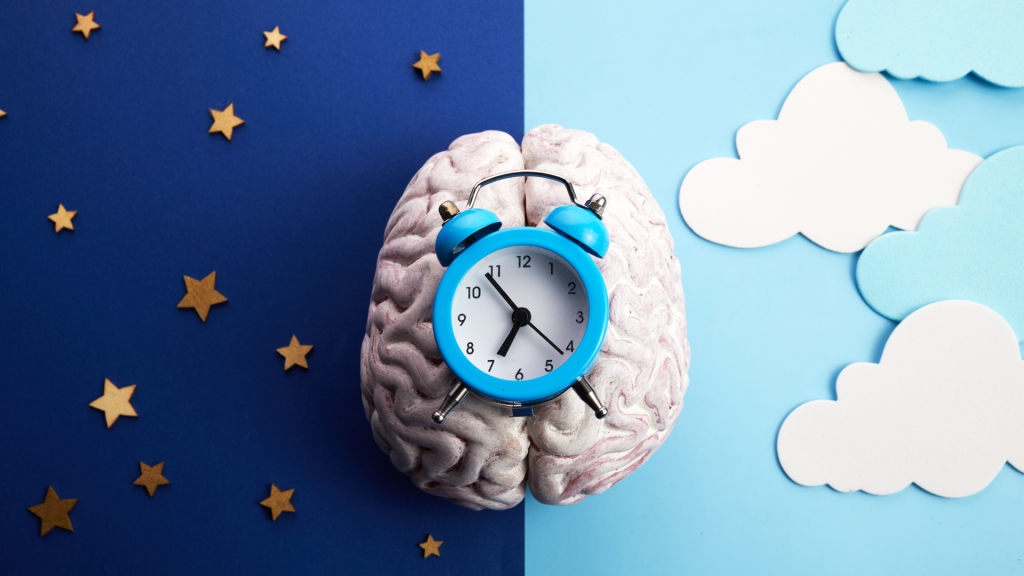
Sleep and Performance: Why Rest Is as Important as Training
Share
Many athletes rely on intense training and strict nutrition to improve their performance. However, one essential factor is often overlooked: sleep . Quality rest is as crucial as training sessions to improve performance and health.
1. The role of sleep in recovery
-
Muscle repair 💪: During deep sleep, the body releases growth hormone, promoting the reconstruction of muscle fibers.
-
Nerve regeneration 🧠: the nervous system recovers, improving concentration and coordination.
-
Energy recharge ⚡: glycogen reserves are restored, ready for the next day's effort.
2. Consequences of lack of sleep
-
Decreased performance : strength, endurance and speed decrease.
-
Increased risk of injury 🚑: less alertness and coordination.
-
Slower recovery : prolonged muscle pain.
-
Mental impact : stress, irritability and loss of motivation.
3. How many hours of sleep does an athlete need?
-
Active adults : 7 to 9 hours per night.
-
High-level athletes : sometimes up to 10 hours to optimize recovery.
-
Quality > quantity: deep, regular sleep is better than long but fragmented nights.
4. Tips to improve your sleep
-
Establish a fixed routine : go to bed and get up at regular times.
-
Avoid caffeine and screens before bed.
-
Create a suitable atmosphere : dark, cool and quiet room.
-
Use natural supplements if needed: magnesium , melatonin or ashwagandha .
Conclusion
Sleep is a key pillar of athletic performance . Without adequate rest, hours spent training won't reach their full potential. Prioritizing sleep is an investment in your results and long-term health.
